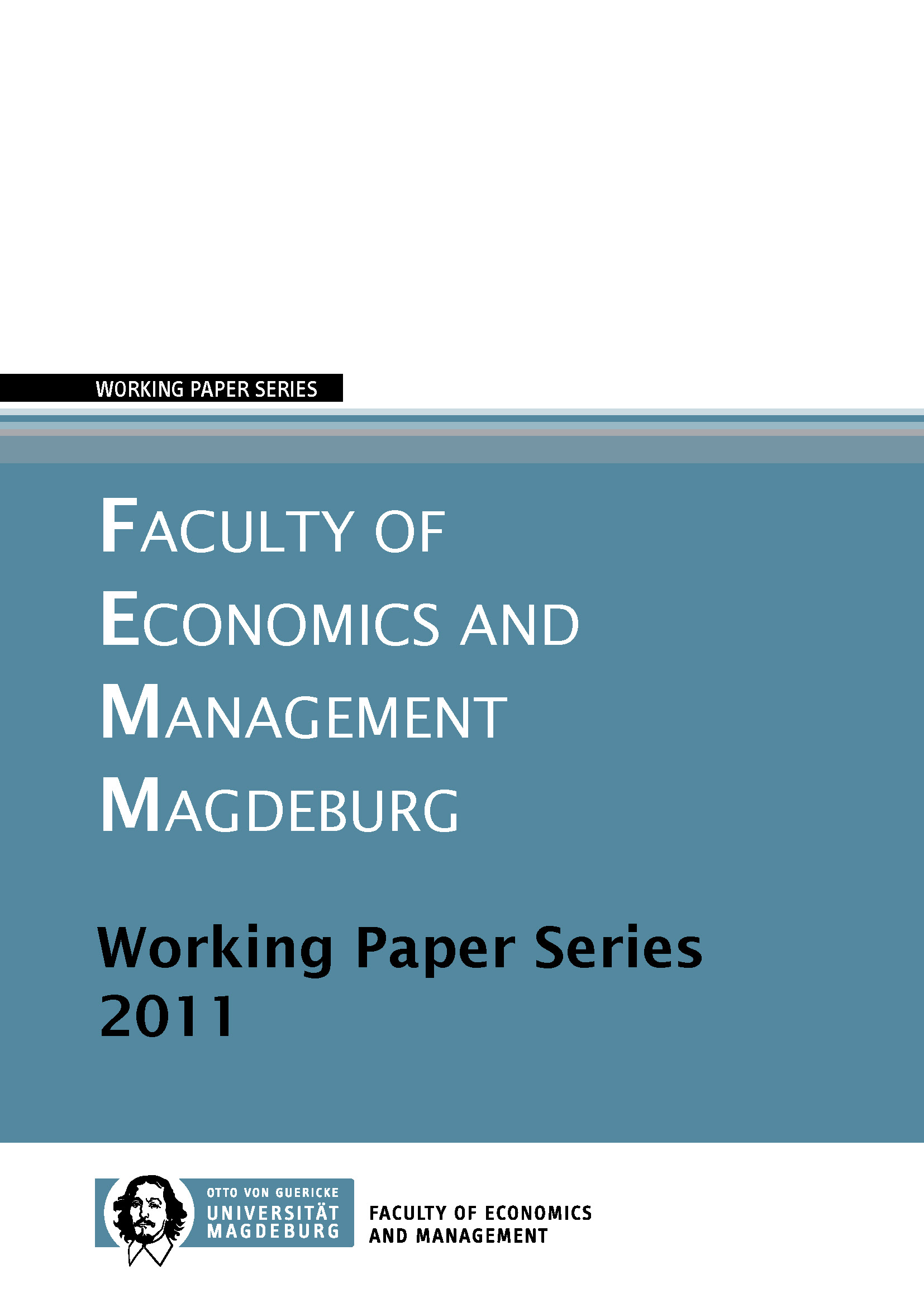Determining risk preferences for pain
DOI:
https://doi.org/10.24352/UB.OVGU-2018-449Abstract
The QALY concept is the commonly used approach in research to evaluate the efficiency of therapies in cost utility analysis. We investigate the risk neutrality assumption for time of the QALY concept: can time be included as a linear factor? Various studies show that this assumption does not hold empirically. However, the results are based on hypothetical questionnaires rather than decisions with real consequences. Experimental economists argue that experiments are necessary to avoid hypothetical bias. Our study provides the first experimental analysis of health related decision making. Using the cold pressor test we can analyze decisions when subjects face real consequences. Analog to the hypothetical studies, our experimental results of real decisions provide no linear time preferences. In conclusion, the QALY concept needs to be modified by a weighting factor for time.


